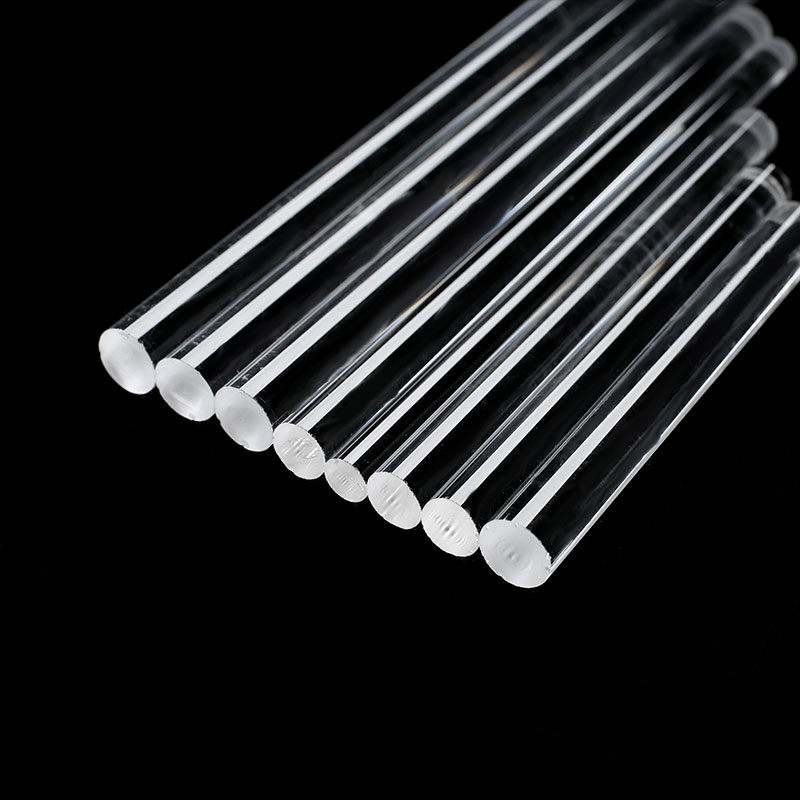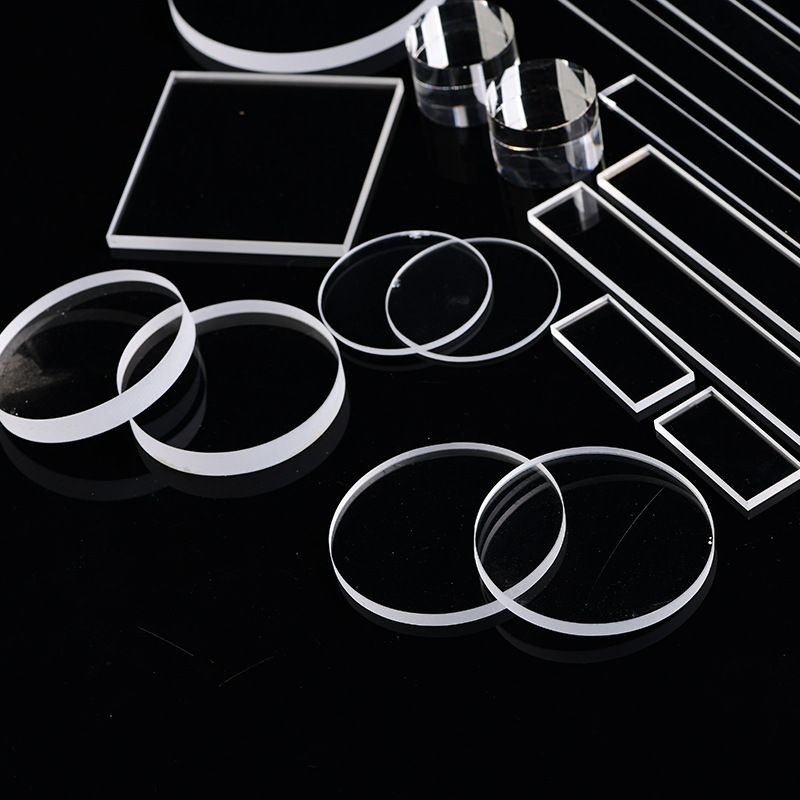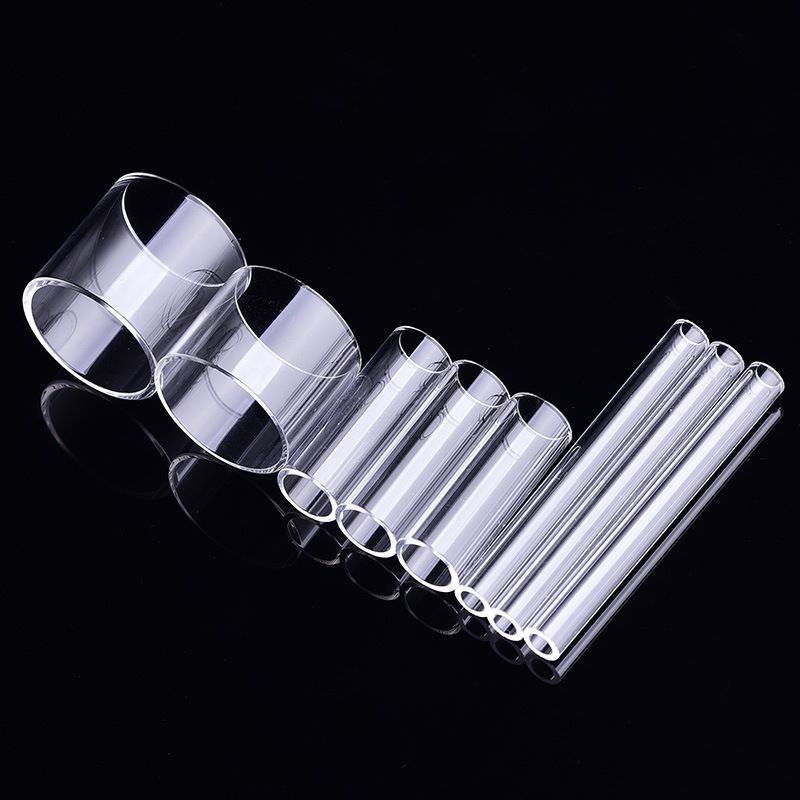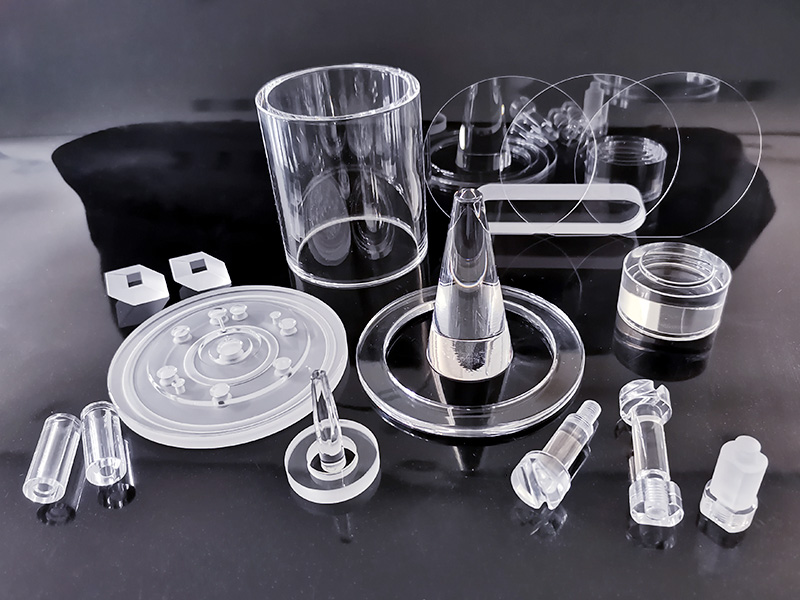Discover the Advantages of Quartz Glass in High-Tech Applications
Quartz glass properties make this material a top choice in demanding industries. Known for its clarity, purity, and strength, quartz glass—also called fused silica—is widely used in semiconductors, UV lighting, optics, and scientific equipment. Whether you need superior heat resistance, chemical durability, or high UV transmission, quartz glass offers unmatched performance.
1. What Is Quartz Glass?
Quartz glass is a high-purity form of silicon dioxide (SiO₂). It can be made from natural quartz or synthetic silica. There are two main types:
- Fused Quartz – Made from natural quartz, with minimal impurities.
- Synthetic Quartz – Ultra-pure, over 99.99% SiO₂, ideal for electronics and optical uses.
🧠 Key Insight: The unique quartz glass properties vary slightly by type, but both are extremely stable and durable.
2. Key Properties of Quartz Glass
🔥 Heat Resistance
- Tolerates temperatures up to 1200°C.
- Perfect for furnace tubes, CVD systems, and lasers.
🌡️ Low Thermal Expansion
- Extremely low expansion even at high temperatures.
- Used in space telescopes and precision instruments.
🌞 High UV and IR Transmission
- Over 90% light transmittance in UV and infrared ranges.
- Great for optical fibers, UV curing, and disinfection lamps.
🧪 Chemical Resistance
- Resists most chemicals (excluding hydrofluoric acid).
- Used in chemical reactors, labware, and analytical tools.
3. Common Applications
| Industry | Application | Why Quartz Glass? |
|---|---|---|
| Semiconductors | Wafer carriers, CVD tools | Heat resistance, ultra-purity |
| Optics | Lenses, prisms, windows | High clarity, UV transparency |
| Lighting | UV lamps, halogen bulbs | 90%+ light transmission |
| Aerospace | Observation windows | Low expansion, high stability |
| Research Labs | Cuvettes, flasks, beakers | Chemical and thermal durability |
4. Quartz vs. Borosilicate Glass
| Feature | Quartz Glass | Borosilicate Glass |
|---|---|---|
| Temp Limit | 1200°C | 500°C |
| Thermal Shock | Excellent | Moderate |
| UV Transparency | >90% | <50% |
| Price | Higher | Lower |
| Best Use Case | Optics, chips | General labware |
🟢 Choose quartz when UV performance, thermal stability, or chemical purity are critical.
5. Maintenance Tips
🧽 Cleaning:
- Use deionized water and isopropyl alcohol.
- Avoid harsh abrasives or hydrofluoric acid.
📦 Storage:
- Keep in a clean, dry, and scratch-free area.
🔍 Inspection:
- Regularly check for cracks or surface damage.
Final Thoughts
With excellent quartz glass properties such as high temperature resistance, superior light transmission, and strong chemical resistance, quartz is ideal for high-precision and high-performance environments.
📧 Contact Us: fgquartz@outlook.com
We offer custom quartz glass solutions for your industrial and research needs.






